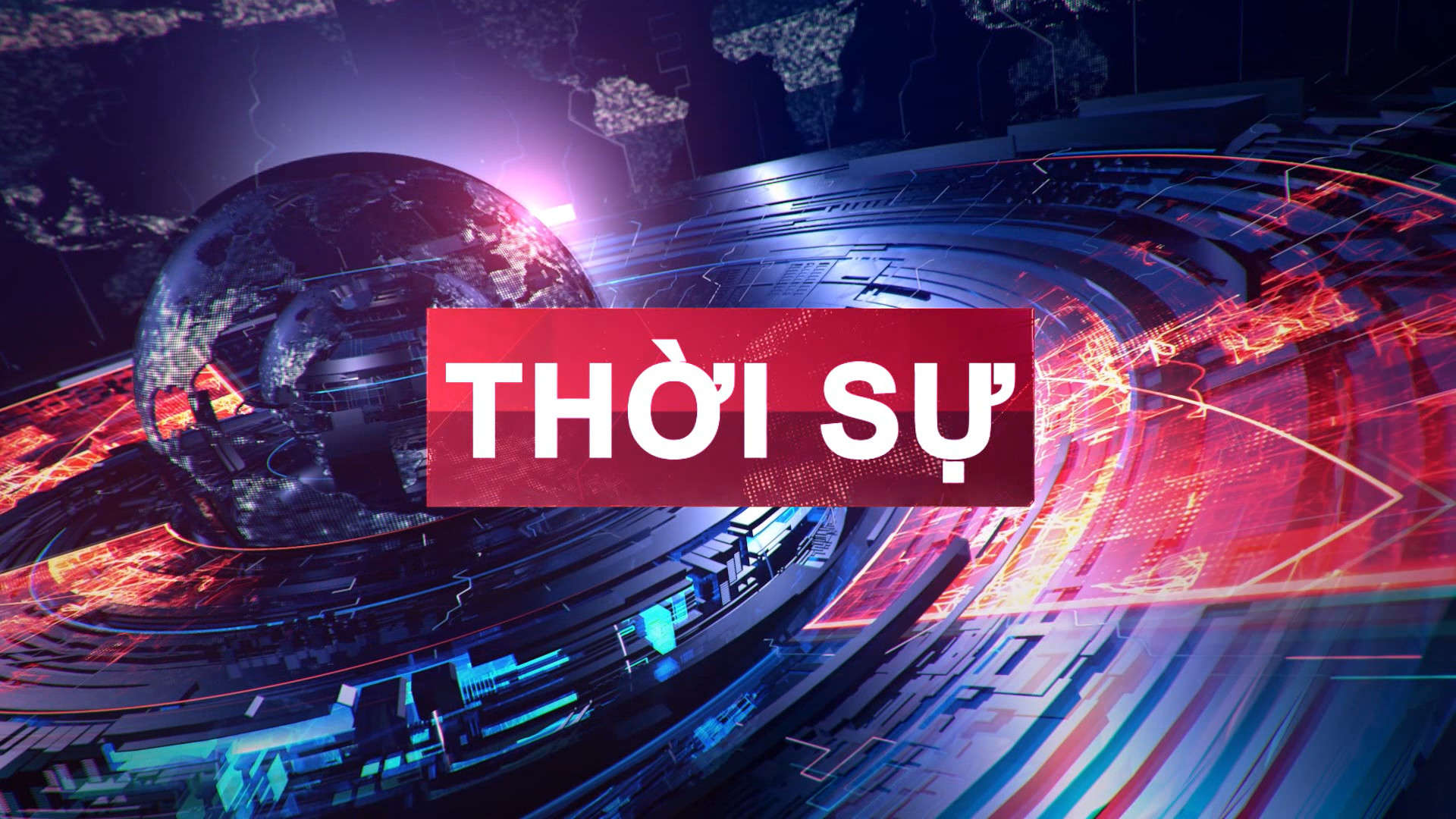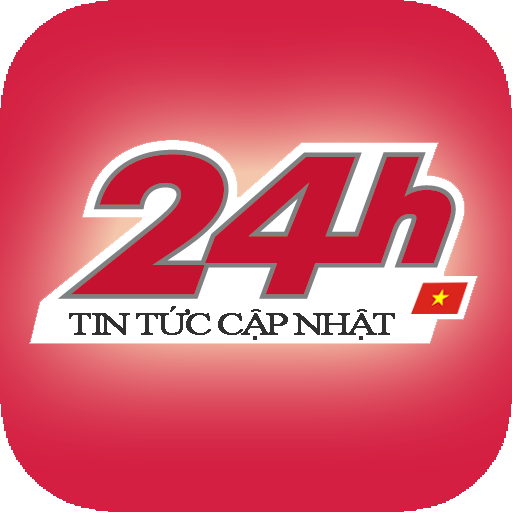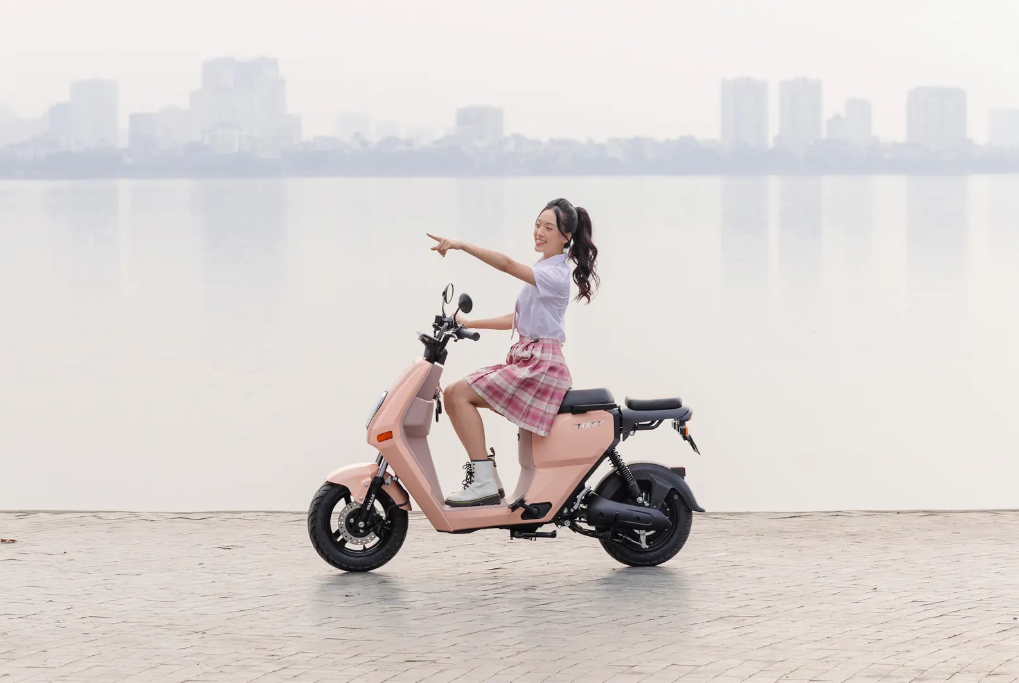Aimed at 8- to 18-year-olds, the platform has grown to over 50,000 centers, offering low-cost learning options without in-person classroom instruction. Instead of teachers, students in AI classrooms follow pre-loaded courses and AI-designed learning plans on tablets.
Some centers will offer a tablet with a free month of classes, while others charge a membership fee and include the device in the package.
AI software will analyze the accuracy level, detect errors and synthesize them for students to practice focused, repeated many times. Many systems also commit to personalizing the learning path, automatically adjusting exercises according to each student's progress.
Parents can track their children's learning results remotely via the mobile app, receiving detailed reports on proficiency and accuracy rates.
New form of tutoring?
According to Beijing-based technology company RUNTO, sales of e-paper tablets in China's omnichannel market reached 1.83 million units in 2024, up 49.1% year-on-year.
A tablet that comes with a month of free classroom use typically costs around 5,000 yuan. After that, students must pay monthly, quarterly or annual monitoring fees ranging from 1,000 to 3,000 yuan per month, with even higher fees during vacations.
Compared to traditional tutoring, AI classes are a more cost-effective option. A private tutoring session can cost anywhere from hundreds to nearly 1,000 yuan for just 2 hours, making the AI learning system a more affordable solution.
Manyeducation experts are skeptical about the true effectiveness and legitimacy of AI classes. Xue Haiping, an expert on out-of-school education policy at China’s Ministry of Education, told state broadcaster CCTV that the model is essentially a new form of out-of-school tutoring, which is smaller in scale and harder to manage than traditional tutoring.
How far is AI capable?
A teacher at a school in Beijing said that learning cannot rely too much on AI machine learning technology, but requires more practice and flexible thinking.
This teacher analyzed: "Learning with AI may seem modern on the surface, but the core is not much different from the traditional way of learning. Even if scores improve, the learning method is still mechanical and has little long-term development value. Meanwhile, the country needs creative talents, not problem-solving machines. The way of learning is more important than the amount of knowledge learned."
She also stressed that in the age of AI, it is not about finding answers but knowing how to ask valuable questions.
“I don’t discourage students from using AI, but I do guide them to use it wisely. For example, when learning Chinese, preparing lessons and asking thoughtful questions is much more important than just passively absorbing information.
As for writing skills, students cannot rely solely on memorizing available sentence patterns. Emotions create words, and to have emotions, students need real-life experiences."
Chu Zhaohui, a researcher at the Chinese Academy of Educational Sciences , pointed out that AI, as a new technology, is itself a "double-edged sword". Parents should not rely too much on technology or blindly follow trends.
"The effectiveness of AI depends on each individual. If students do not have clear goals and internal motivation to learn, no matter how many AI learning devices they buy, it will be useless."
In October 2021, the Chinese government imposed sweeping restrictions on private tutoring, banning for-profit classes in subjects that are part of the official curriculum. The goal was to ease the burden on families, especially students under immense exam pressure and parents struggling to pay tuition, and to curb the unchecked growth of the education industry, which has become a $100 billion market. The policy has pushed many tutoring companies into bankruptcy or loss of jobs, leaving tens of thousands of people unemployed.
Source: https://phunuvietnam.vn/lop-hoc-ai-no-ro-o-trung-quoc-20250314105644416.htm







































Comment (0)